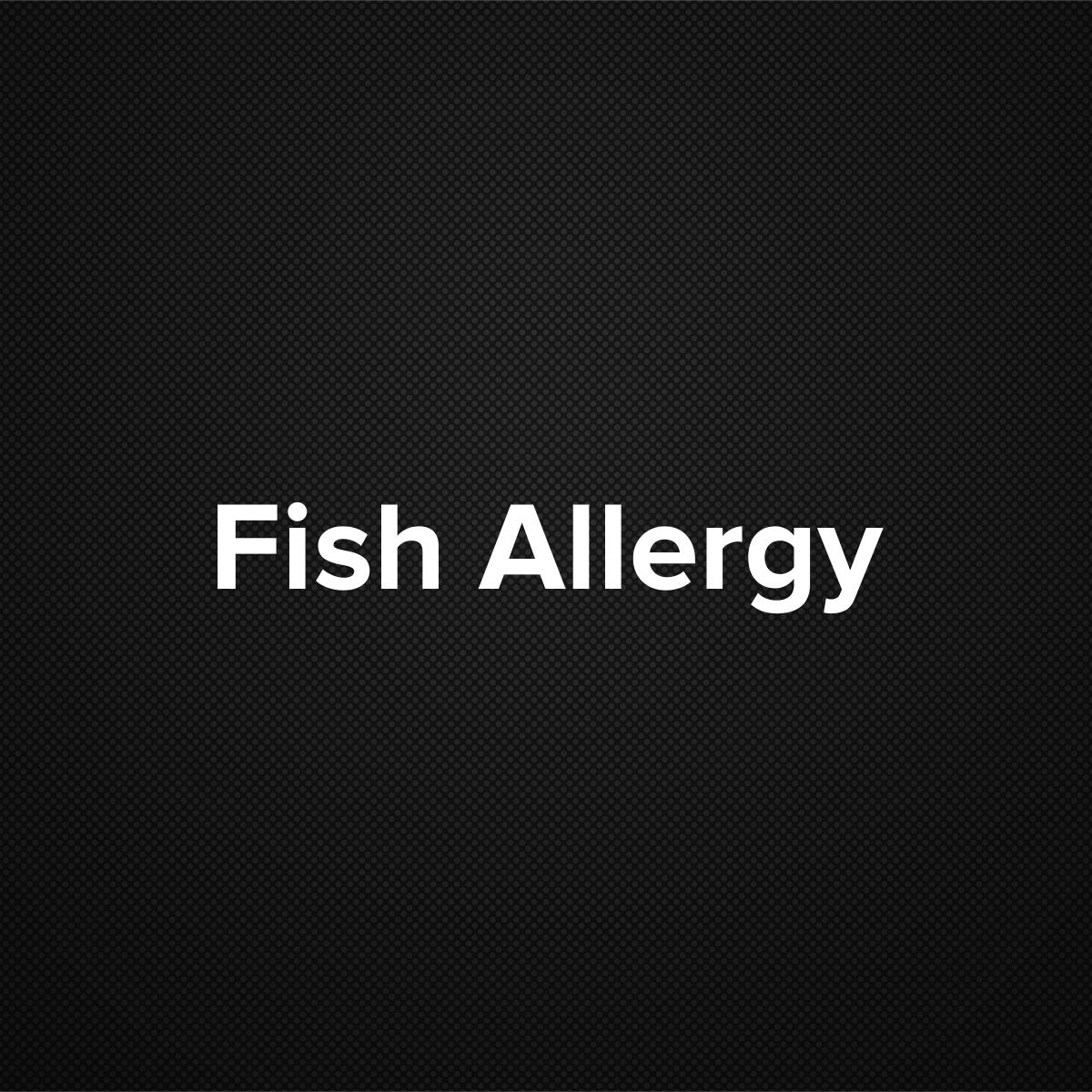Causes and risk factors
An allergy is an autoimmune reaction of the body. When an individual consumes the specific substance, the immune system considers it a harmful substance for the body. As a result, the body stimulates the cells to secrete the immunoglobulins to nullify the effect of the substance. The next time as soon as one consumes even a small quantity of that particular food to which the person is sensitive, the immunoglobulins are stimulated and they release histamines for the defense; this process gives rise to the signs and symptoms. Fish food allergy particularly occurs when the fish is cooked on steam or grilled on a barbeque. Fish contains amines which are released during the process of cooking. These small proteins initiate an allergic reaction in people who are sensitive to it. People sensitive to fish are also prone to intolerance to fish oil and supplements.
Clinical presentation:
A person who is allergic to fish can present with complaints of red eruptions (urticaria) and itching of the body. Other symptoms like nausea, vomiting, pain in abdomen, flatulence, bloated feeling in abdomen and change in bowel movements like diarrhea or constipation can occur. The person can also come up with symptoms of respiratory affection like runny nose, tears, cough, and wheezes. Headache is also a common complaint seen. In some patients it can also lead to life-threatening condition of anaphylaxis.
Investigations:
Usually the patient himself over time can identify the allergy to fish. Diagnosis can be done on the basis of the symptoms narrated by the patients and the physical examination carried out by the doctor. The detailed history taken from the patient will help the doctor to evaluate. Diagnosis by elimination of the suspected food substance or monitored intake of the same food substance to elicit the symptoms can be done. Routine blood test and allergy test of the food allergen can be recommended by the consultant, which will confirm the diagnosis.
Treatment:
As per the doctor’s advise; fish, fish oil, and its supplements should be omitted or avoided from the diet. For relieving the discomfort, antiallergic medications are advised. Antihistamines and steroids are found to be effective. In cases of anaphylaxis, hospitalization and close monitoring is required.
Other modes of treatment:
Certain other modes of treatment can also be helpful in coping up with the symptoms. Taking into consideration the symptoms in a holistic way, homoeopathy can offer a good aid for the relief of the symptoms. The Ayurvedic system of medicine which uses herbs and synthetic derivates can also be beneficial in combating the complaints. Certain yoga exercises can also be helpful in strengthening the muscles.
Facts and Figures:
About 1 in 200 people have allergy to fish particular the shellfish.






























